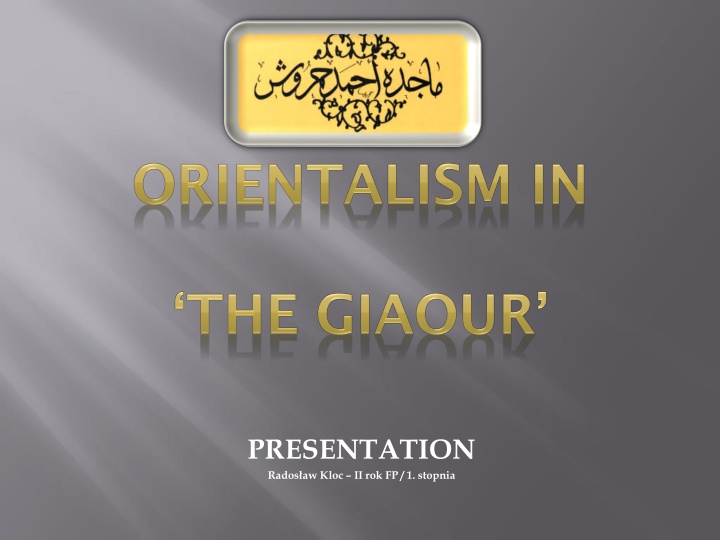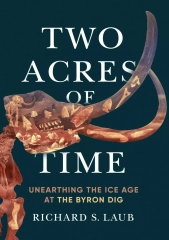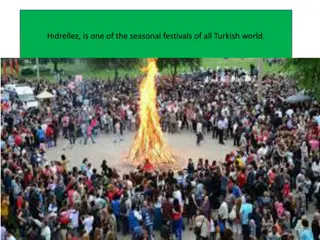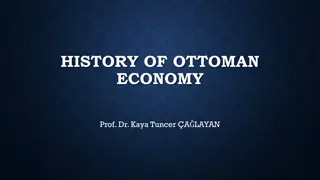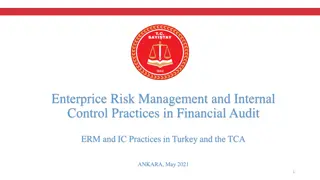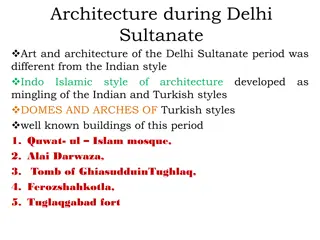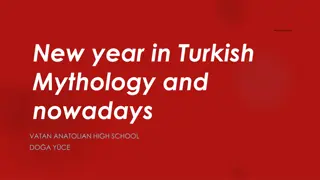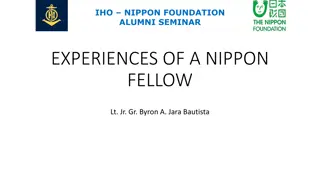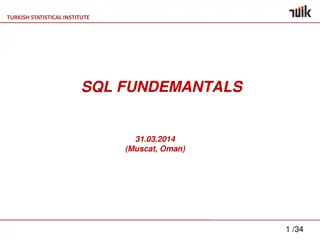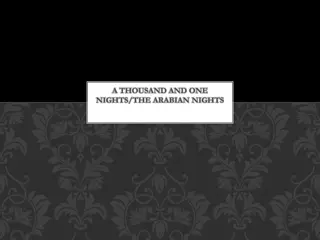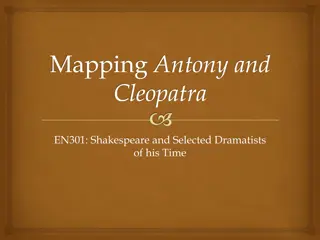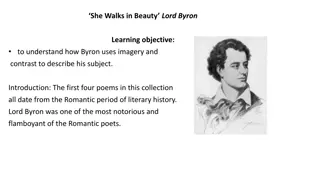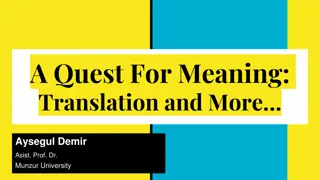The Giaour: Exploring Orientalism in Byron's Turkish Tale
Delve into the world of Orientalism through Lord Byron's poem "The Giaour," set during his Orient Grand Tour. Explore the political overtones, narrative structure, and depiction of Eastern landscapes and characters. Uncover the interplay between West and East, as showcased in the poetic verses and vivid imagery of this Turkish tale.
Download Presentation

Please find below an Image/Link to download the presentation.
The content on the website is provided AS IS for your information and personal use only. It may not be sold, licensed, or shared on other websites without obtaining consent from the author.If you encounter any issues during the download, it is possible that the publisher has removed the file from their server.
You are allowed to download the files provided on this website for personal or commercial use, subject to the condition that they are used lawfully. All files are the property of their respective owners.
The content on the website is provided AS IS for your information and personal use only. It may not be sold, licensed, or shared on other websites without obtaining consent from the author.
E N D
Presentation Transcript
PRESENTATION Rados aw Kloc II rok FP / 1. stopnia
Orientalism was ultimately a political vision of reality whose structure promoted the difference between the familiar (Europe, West, "us") and the strange (the Orient, East, "them"). Orientalism is a style of art associated with a group of 19th-century artists who were fond of depicting harem girls, sheikhs and Middle-Eastern scenery.
First published in 1813. Byron was inspired to write the poem during his Orient Grand Tour = 1809-1811 (Greece, Malta, Albania, Spain, Portugal and Turkey). The Giaour belongs to the series of Turkish Tales. Poem is divided between 4 different narrators.
The Giaour. A Fragment of a Turkish Tale.
WORD DEFINITION VERSES With angels shared, by Allah given, To lift from earth our low desire. Allah God To-night, the Bairam feast's begun. Bairam Islamic festival Not thus was Hassan wont to fly. When Leila dwelt in his Serai. Serai Palace On her might Muftis gaze . Mufti a Muslim legal expert who is empowered to give rulings on
Giaour Leila Hassan
The suns last rays are on the hill, And sparkle in the fountain rill, Whose welcome waters, cool and clear, Draw blessings from the mountaineer: Here may the loitering merchant Greek. No breath of air to break the wave That rolls below the Athenian s grave, That tombwhich, gleaming o er the cliff, First greets the homeward-veering skiff High o er the land he saved in vain; When shall such Hero live again?
ORIENTAL VOCABULARY LANDSCAPE CHARACTERS TITLE WEST - EAST EPIC POETRY TURKISH TALE
